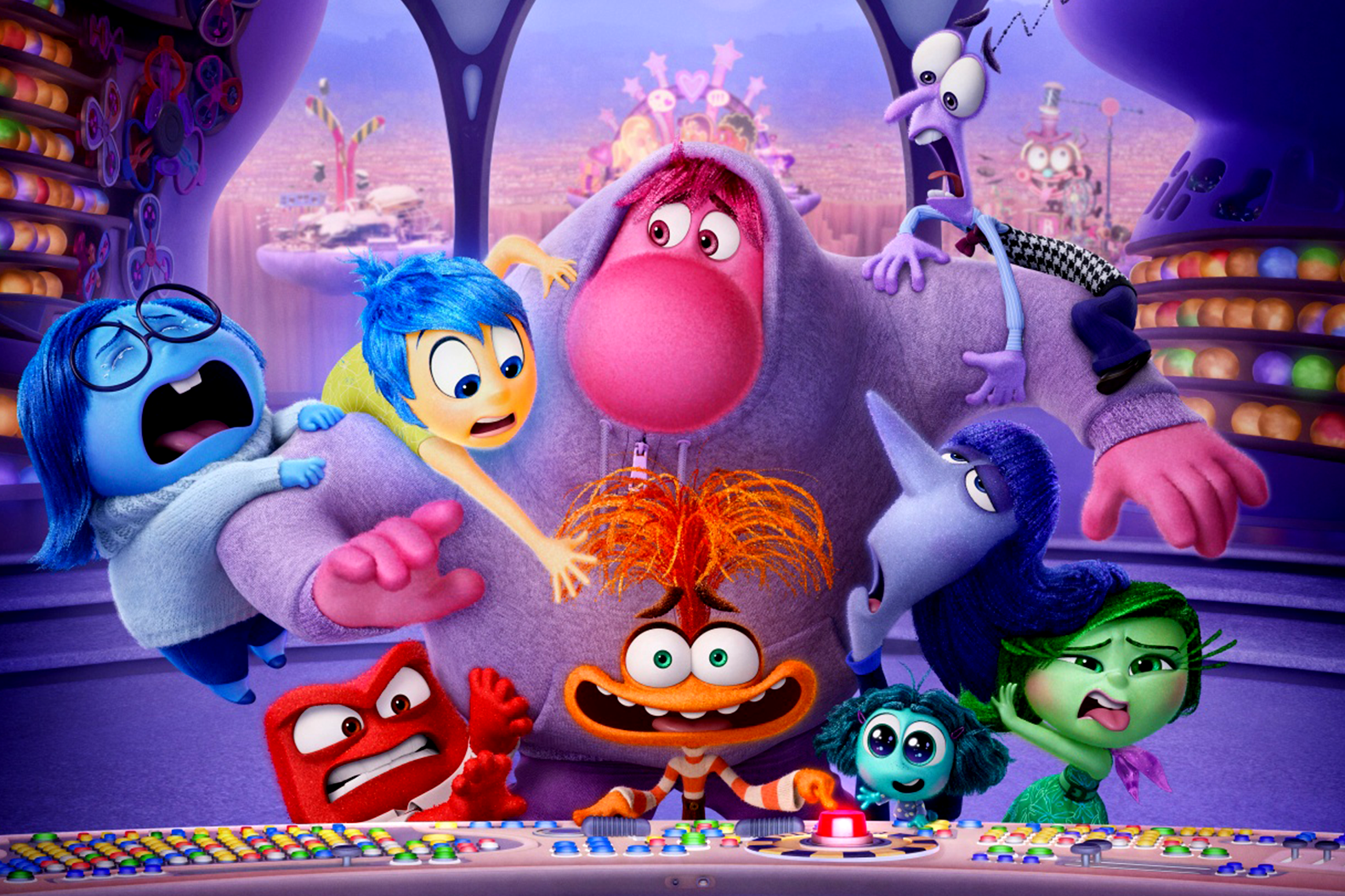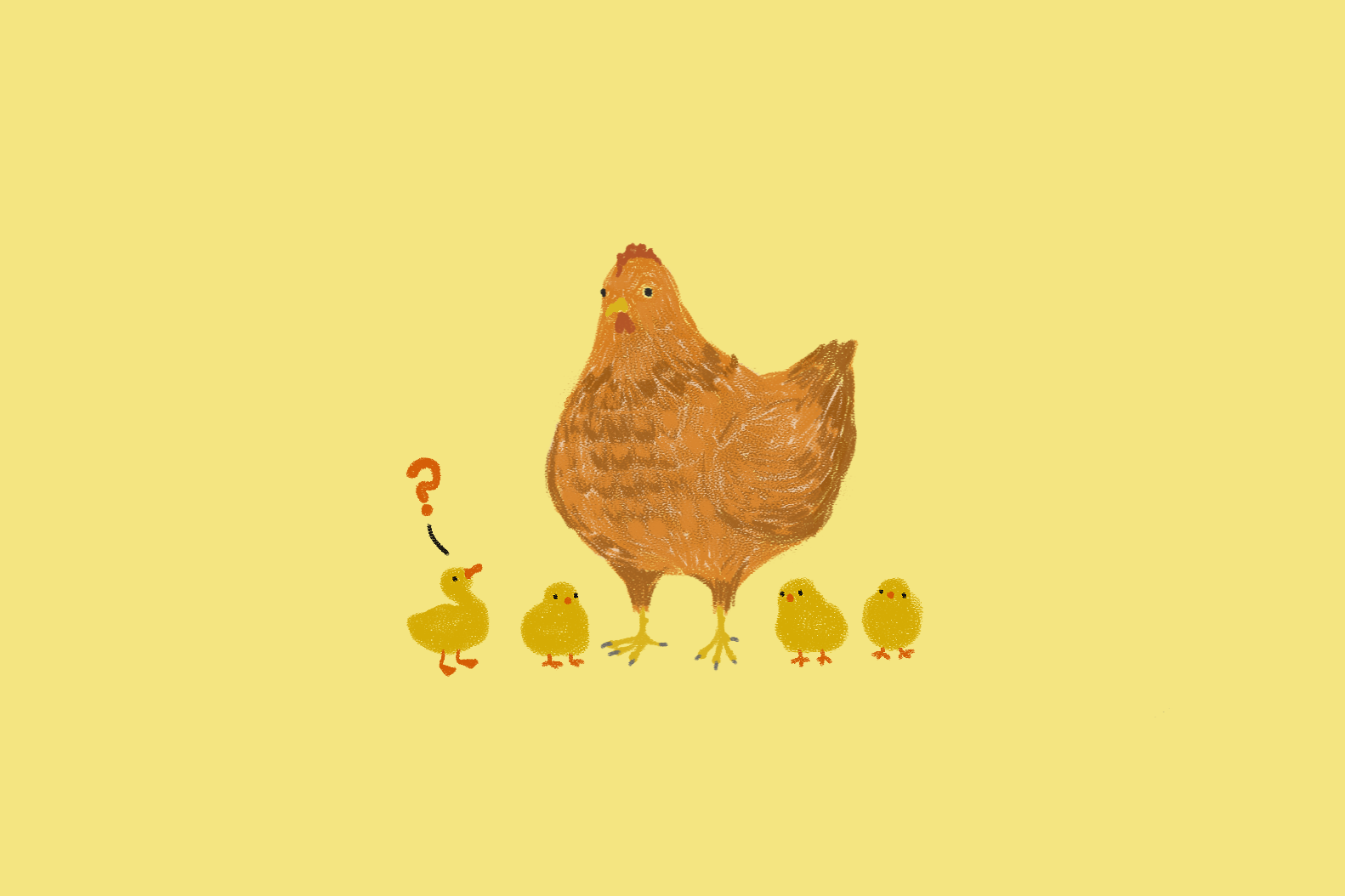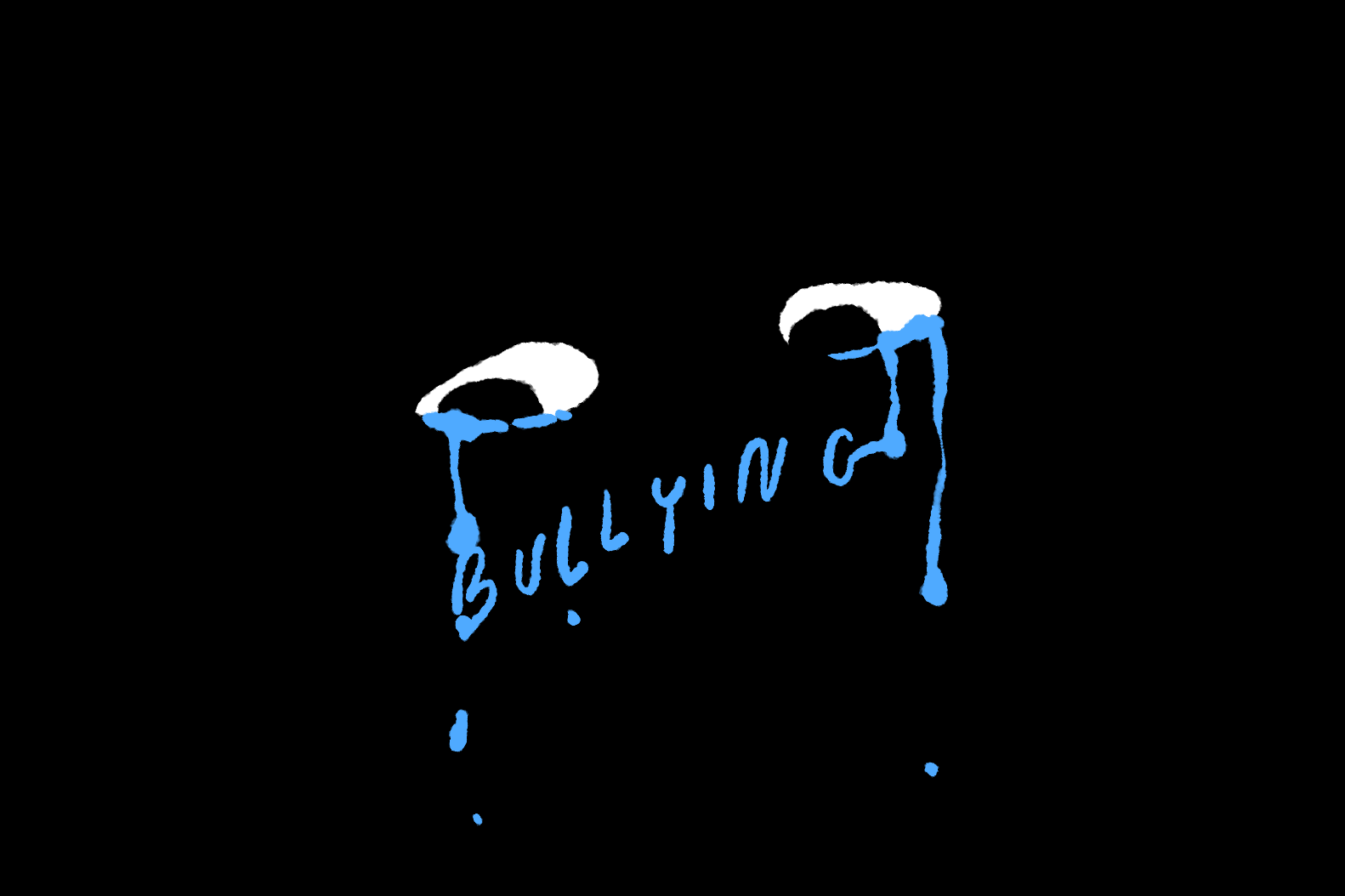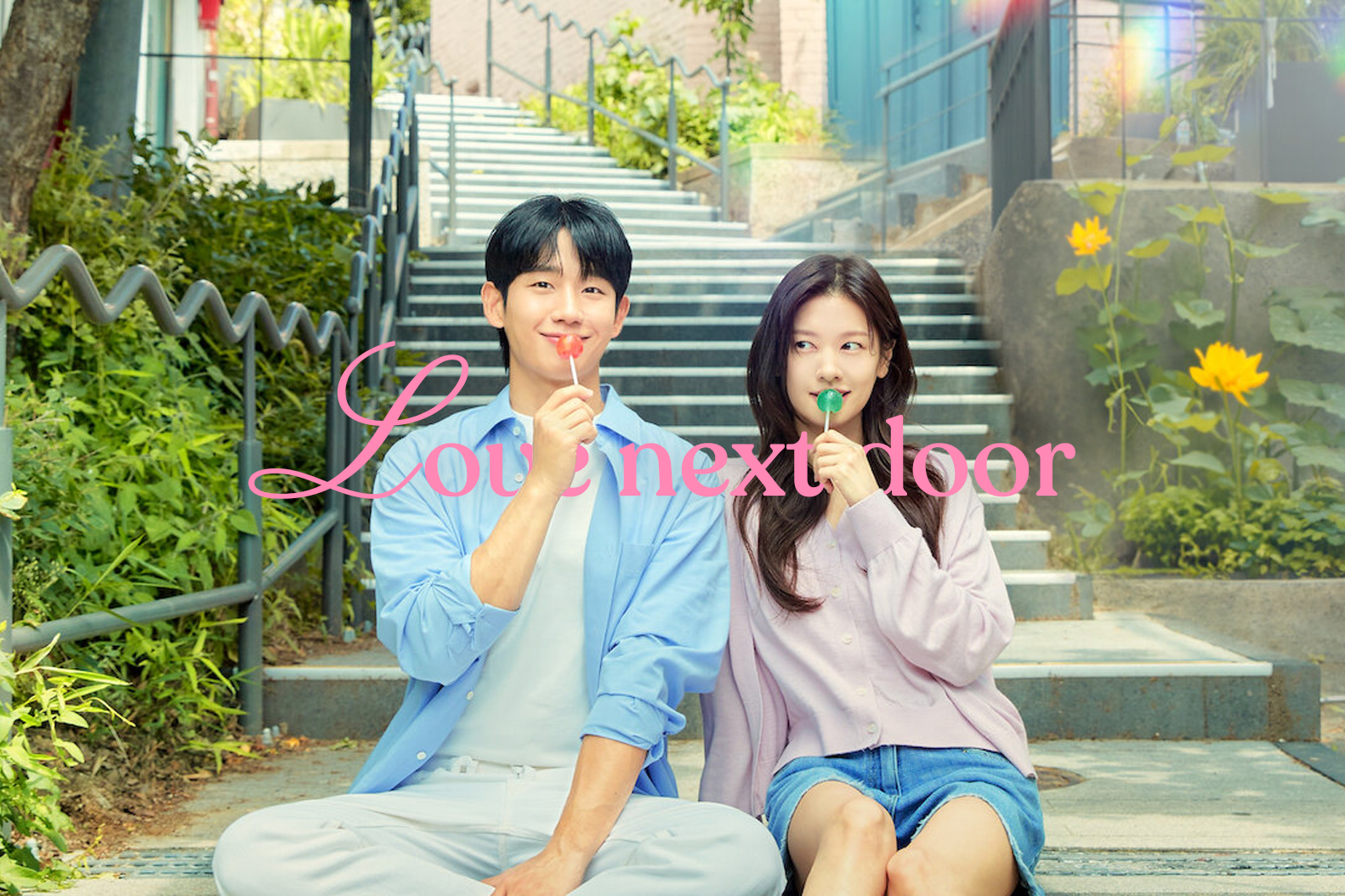SPOILER ALERT
I am a big fan of the Inside Out movies. Having waited for almost a decade, the animated series is back with a sequel featuring our more grown-up protagonist (Riley).
I was a Primary Six student when Inside Out first came out, and I used to think that I would understand my emotions better as I grew older. That turned out to be not true, and understanding my emotions feels like a great hassle at times. That’s why this movie really helped me to visualise my brain space, and how I was able to consolidate some insights to reflect upon.
The sequel revolves around the addition of four new emotions: Anxiety, Envy, Embarrassment and Ennui. Interestingly, they are emotions that many of us experience but seldom talk about, and each of them is depicted with unique characteristics.
Anxiety
What was your first impression of Anxiety? To me, she sadly does not look as cute as the other emotions. She seems rather monstrous and her appearance accurately represents anxiety – not pretty at all.

Anxiety shows up with literal suitcases which serve as a clever representation of emotional baggage.
Her hairstyle reflects the overwhelming nature of the emotion, one that blows up like a volcanic eruption which explains why she has an obsessive control over every situation in Riley’s life.
Anxiety is also in constant conflict with Joy. The two emotions are in disagreement for most parts of the movie and the message is clear: anxiety steals our joy.
Since it is such a negative emotion, I wondered why anxiety even exists in the first place?
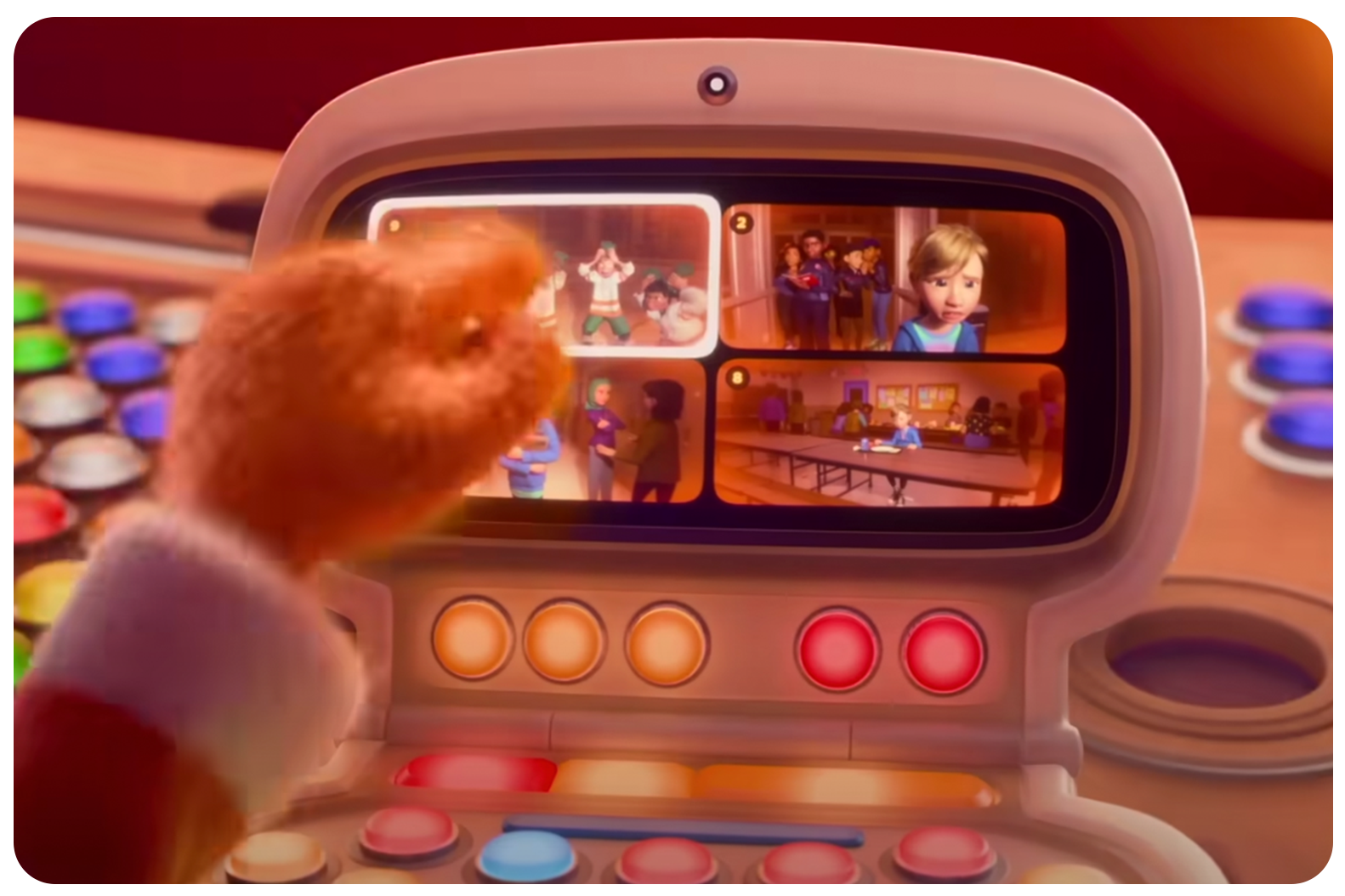
In the movie, Anxiety has a special tool on the console to project future possibilities and scenarios which reinforces her role as the emotion “who plans the future” and “shows the danger in what [Riley] can’t see”.
To some extent, Anxiety is the thinker who keeps us on track when it comes to things we ought to be disciplined and concerned for, such as our studies and career path. In that light, Anxiety only becomes problematic when it leads us to over-plan and overthink.
When we entertain anxious thoughts and allow them to project and cause hurt in reality, that is contrary to setting our minds on what is excellent or praiseworthy to God.
That said, shunning our thoughts is not the solution; God has never dismissed or avoided talking about anxiety. In fact, He invites us to “cast our anxieties on Him”!
God’s alternative to anxiety is found in Philippians 4:6: “Do not be anxious about anything, but in everything by prayer and supplication with thanksgiving let your requests be made known to God”.
Much has been said here about anxiety, so we also need to make it clear that it is a real medical condition. If anyone needs assistance or treatment, there is no shame in that and we should absolutely go get professional help.
Envy
Envy’s physique was the first thing that caught my attention. She has the smallest body amongst all the emotions, but also has the biggest eyes!
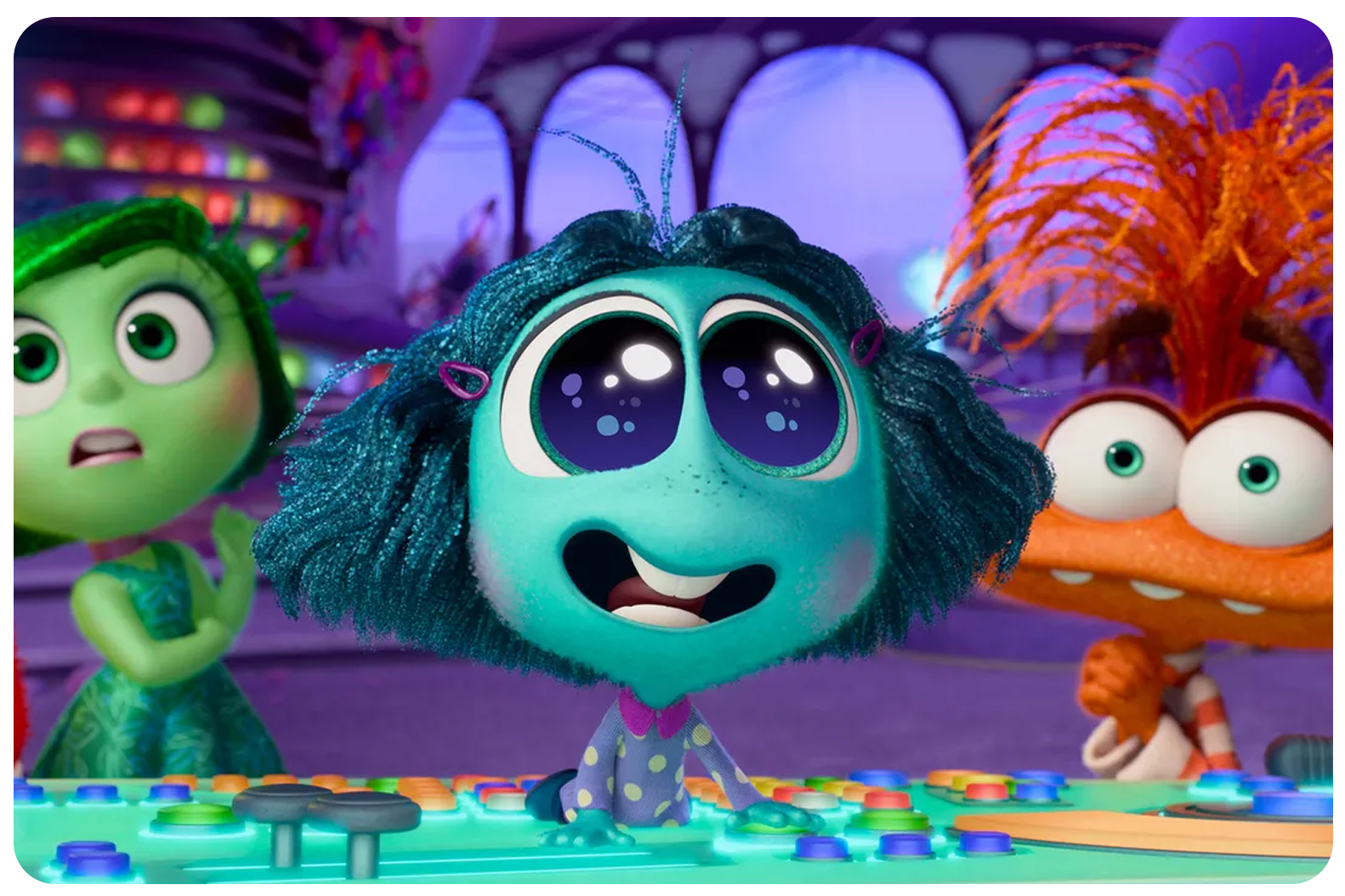
Her humongous eyes instantly remind me of “the lust of the eyes” (1 John 2:16). Having an insatiable appetite for anything pleasing to the eye, Envy is all about what she sees. Her eyes glow every time she sees something that she does not have.
Envy’s character represents the thoughts of comparison we have that often make us feel small (just like her); we pave the way for a sense of inferiority to overtake us when we choose to focus on what we do not have.
Apart from that, Envy also has an intense desire for a sense of belonging. Left unchecked, envy can cause us to lose ourselves as we compromise on our beliefs and values so as to be accepted by others.
The Bible shows us in many places that envy holds a destructive power stemming from a place of dissatisfaction. We see it in James 3:16, Titus 3:3 and Acts 7:9, for example.
While covetous thoughts will come to us from time to time, the cure and antidote to envy is none other than gratitude and contentment.
A lifestyle of thanksgiving is not selective and conditional. It is a posture of our hearts that consistently chooses to give thanks in all circumstances.
We must learn the secret of being content in any and every situation. When we believe that Christ is enough, gratitude will flow from our hearts and deny any room to envy.
Embarrassment
Have you ever been so self-conscious and awkward that it feels like there’s an uncomfortable spotlight on you?
That’s Embarrassment. He is a “big fella” (as Sadness puts it), and the only comfort that Embarrassment has is his hoodie. He copes by hiding in it, but even then, the room is filled up by his sheer size.
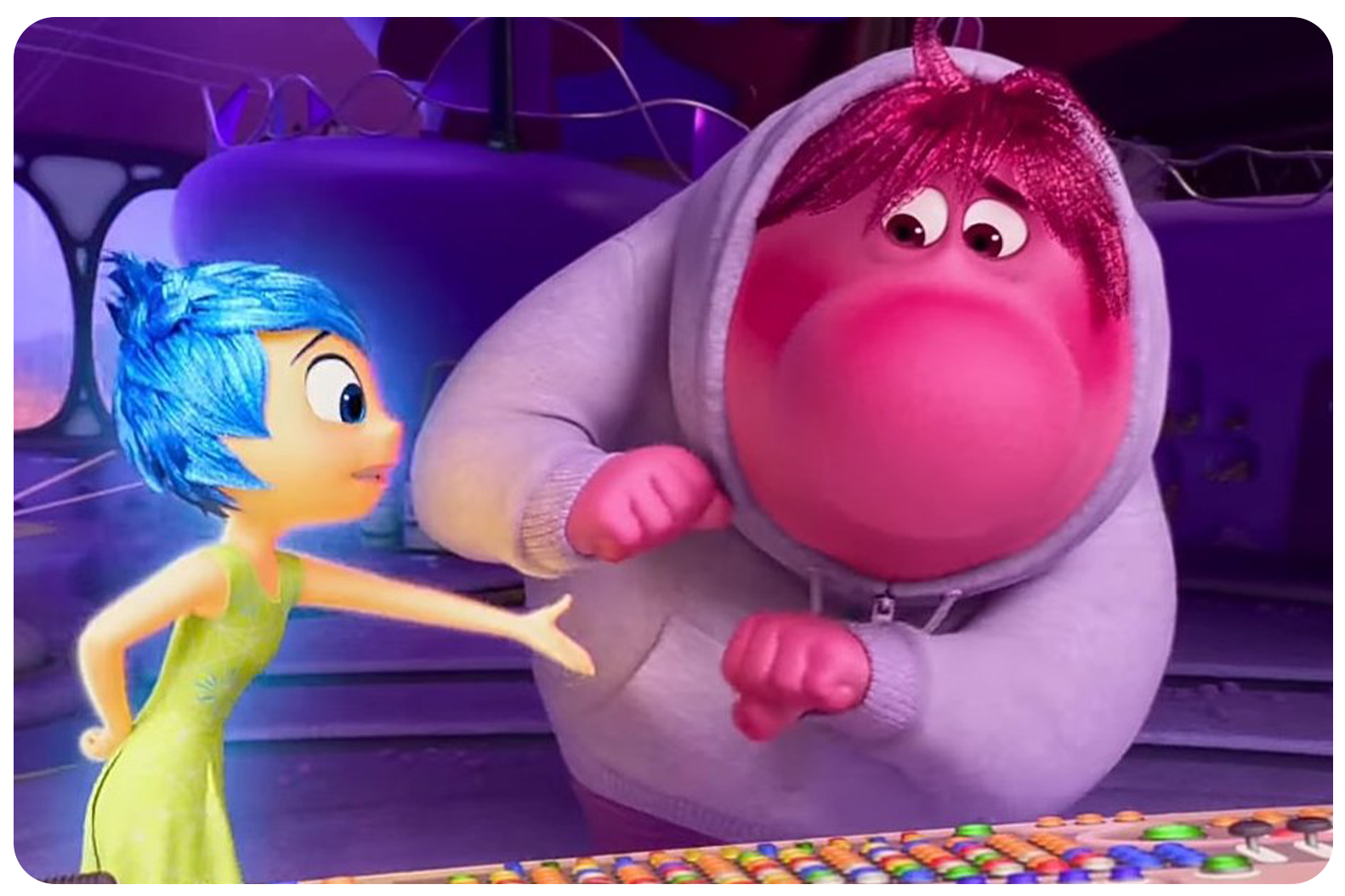
We all have embarrassing experiences in our lives that we want to hide away, but shame has a way of lingering if we do not deal with it properly.
Genesis 3 is the perfect example. The fig leaves could only cover the nakedness of Adam and Eve, but not their shame. It was God who made us clothes, who made a way for our shame to be taken away for good. What boundless grace that redeems us!
Instead of hiding like Embarrassment, Adam or Eve – let’s remember that there is no embarrassment of ours that’s too big for God to bear and heal us from.
Ennui
Derived from the Latin phrase mihi in odio est, the French word ennui means “it is hateful to me”.
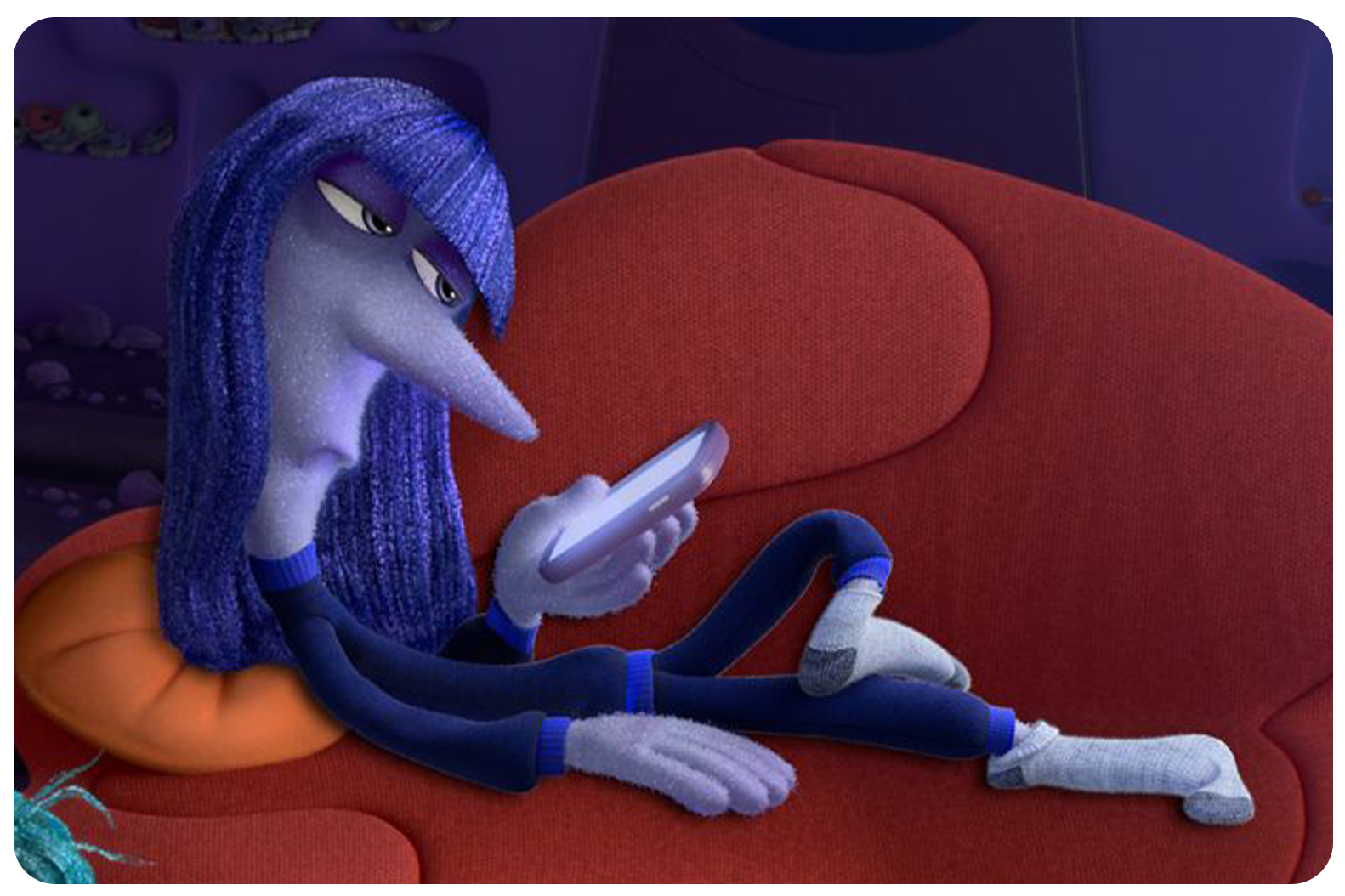
True enough, that is the attitude that Ennui carries throughout the entire movie. She is jaded and listless. She lazes around, almost indifferent to everything that is ongoing around her, completely detached from the events that are taking place in the headquarters.
We are susceptible to the same tendency when we live in the posture of idleness. To combat ennui, we need to know our purpose. If we do not know our purpose, we will waste our lives away.
God has created each of us with a plan and purpose in mind, and it is our responsibility to seek Him as He unfolds His will for us in life.
Whatever is noble
From the beginning of the movie, it’s made known to us that Riley’s memories contribute to her belief system which develops her sense of self.
This includes her personal traits, values and thought processes that drive her to behave in certain ways.
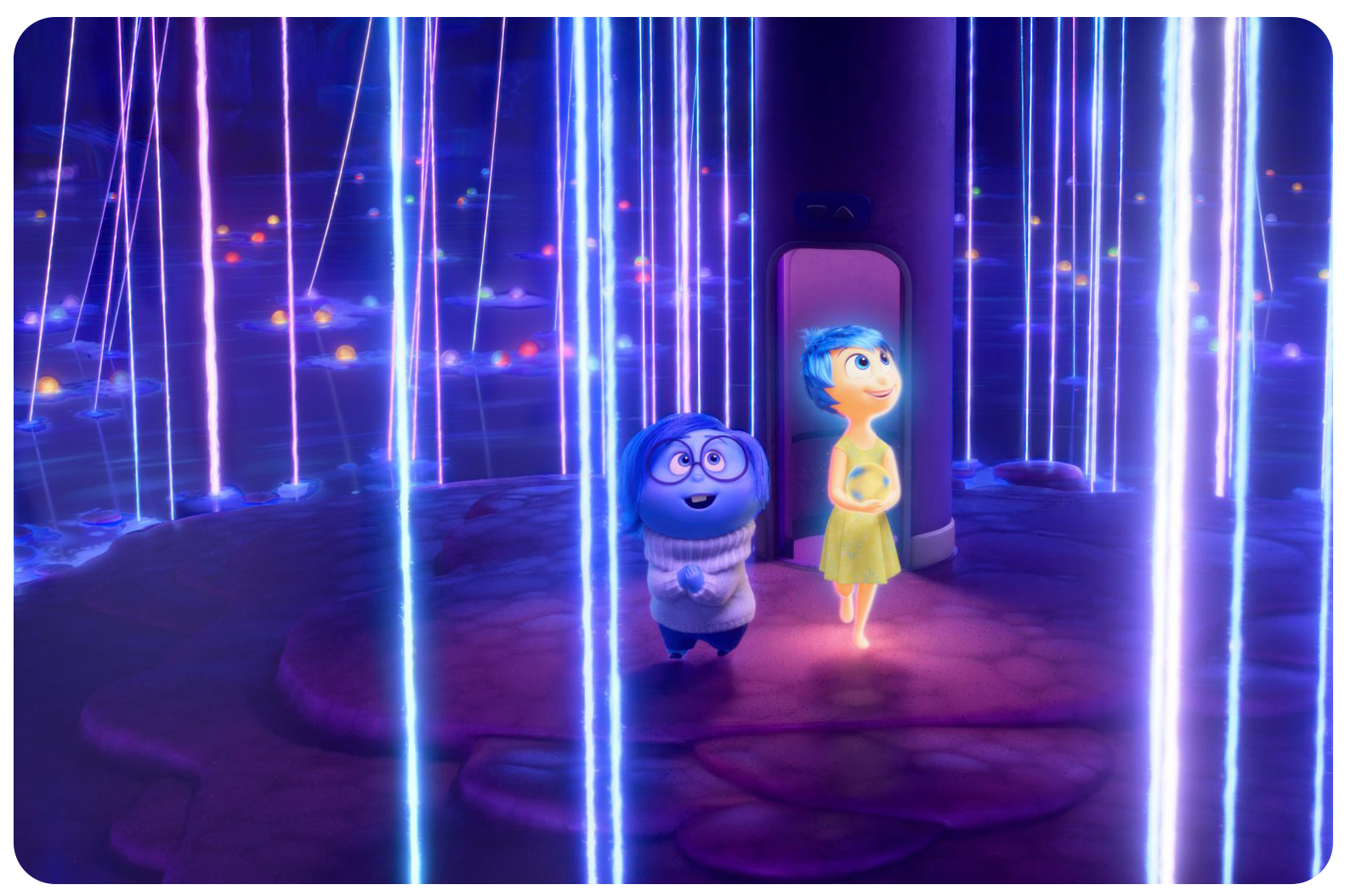
Over the course of the movie, we see that every memory comes together like a puzzle piece to form who we are today. No emotions should be left out and no memories are to be repressed.
On a cautionary note: we must be aware not to let our bad experiences sour our person. Riley’s anxious memories form mindsets that culminate in a false and damaging life statement: I am not good enough.
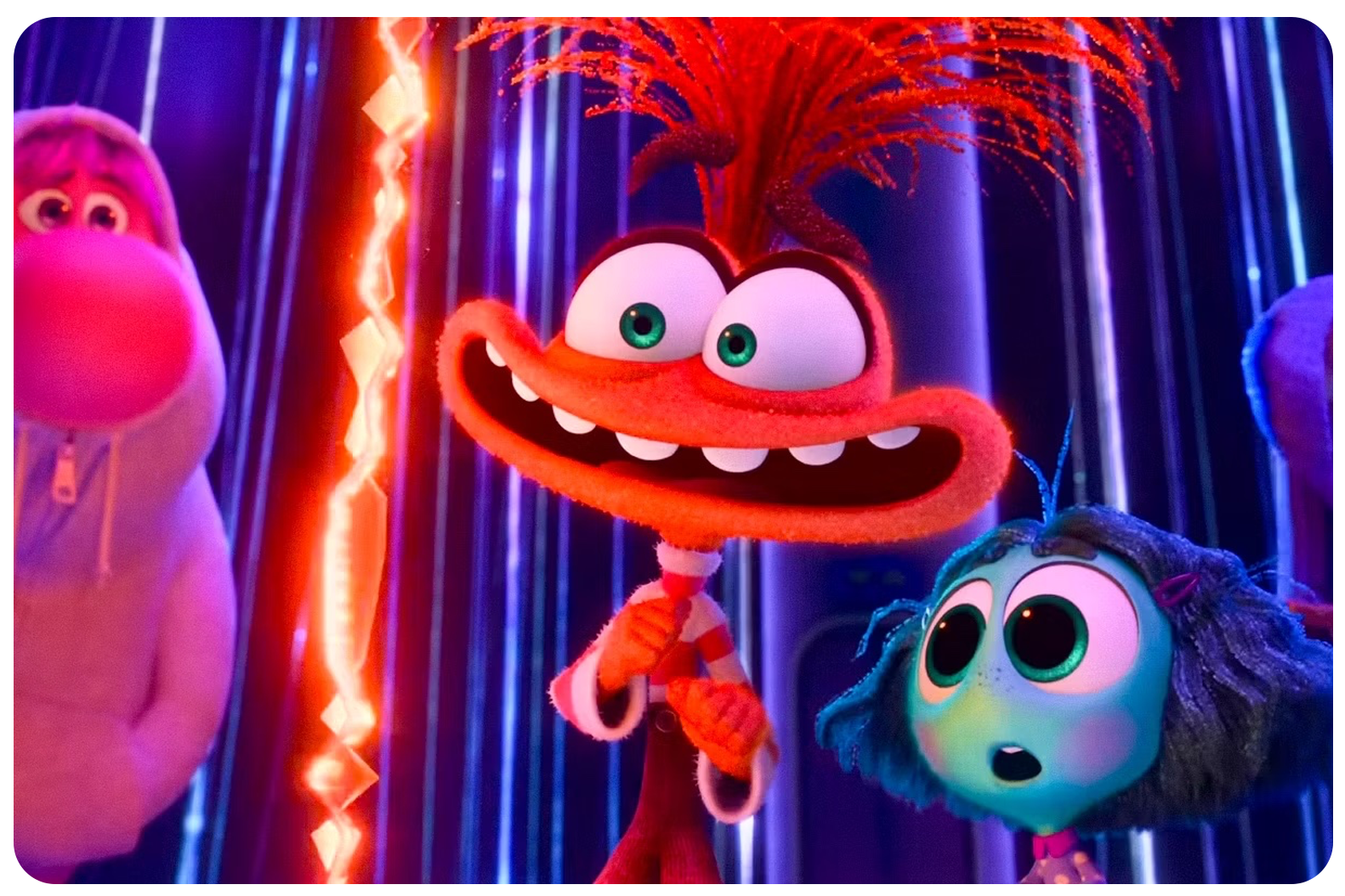
This is why our belief system needs to be rooted in something that is true, good and unchanging. Our self-perception changes with experiences and exposure, but God’s perception of us is constant.
Though it is important to be aware of that which formed us, it is more crucial to recognise that those things do not define us.
Like Joy said to Anxiety: “We don’t get to define who Riley is.”
Our emotions and memories do not define us, they only show us how intricately God has designed and created us to be.
At the end of the day, though our emotions and sense of self may be delicately bound up together, our Creator knows who we are with exact precision and what He says about us is greater.
The assurance we can find in Jesus is that through it all, He embraces us completely and makes us whole. We are fully known, and fully accepted by our God.
- Which of the four new emotions do you experience most?
- What builds your ‘sense of self’?
- Do you tend to bypass your emotions and bottle them up?
- How can you bring your emotions to God and express them healthily to people around you?


